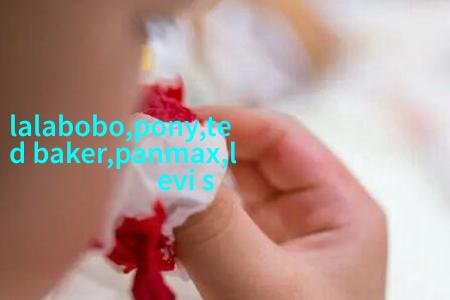
Vintage Vibes Unraveling the Timeless Charm of Ret
The Birth of Retro English: A Journey Through Time

Retro English, also known as vintage slang or old-timey language, is a style of speaking that originated in the early 20th century and has since become popular among enthusiasts of classic American culture. It draws heavily from the linguistic traditions of the time period, including phrases and idioms that were commonly used during this era.
Pioneers of Retro English: How it Evolved Over Time

The roots of retro English can be traced back to various cultural influences such as jazz music, blues songs, and movies from Hollywood's Golden Age. As these art forms gained popularity worldwide, so did their unique vocabulary which eventually became an integral part of retro slang.
Iconic Characters Who Popularized Retro English

Certain characters have played a significant role in popularizing retro English through films and television shows like "The Maltese Falcon," "Casablanca," and "I Love Lucy." These iconic figures not only brought this style into mainstream consciousness but also helped to preserve its legacy for future generations.
Key Features That Define Retro English

Retro slang often features words with multiple meanings or uses colloquialisms that convey humor or irony. For instance, words like "the cat's pajamas" (excellent) or "on the level" (honest) are just two examples that showcase how creative language can be when expressed in this manner.
Modern Revival: How People Are Keeping Vintage Slang Alive Today

Despite being rooted in history, retro slang continues to captivate audiences today through various mediums such as social media platforms where users share memes featuring vintage expressions or even stage performances incorporating elements from different eras past into contemporary narratives.
In conclusion, while our world has evolved significantly since its inception during World War II-era America when people spoke about 'dames' instead of women,' 'gas' for gasoline,' 'tricks' meaning fun times', we find solace in understanding how one particular chapter – represented by retro-speak – remains relevant now more than ever before due to its captivating charm within modern pop culture contexts like film festivals celebrating old-school cinema classics on screens big & small alike!



